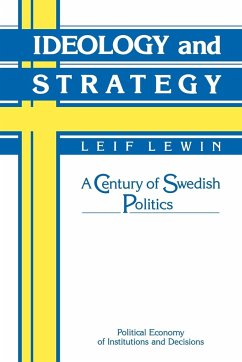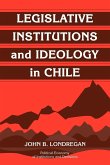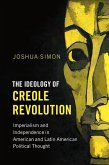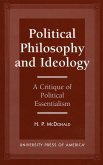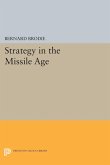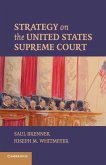Ideology and Strategy is an analysis of issues in Swedish parliamentary history over the past 100 years.
Ideology and Strategy is an analysis of issues in Swedish parliamentary history over the past 100 years. Leif Lewin has chosen eight issues and scrutinized them using traditional analysis and, importantly, game-theoretic reasoning. For each, he presents the outcome and its history and the strategic behaviour of the actors. He gives special attention to the strategy used by the potential loser. The first chapter presents the methodology to be employed in the analysis and introduces concepts and strategies such as voter's paradox, prisoners' dilemma, the Condorcet method, logrolling and others. The final chapter includes a review of the concept of politics as rational action. Lewin's analysis begins with the tariff dispute of the 1880s and ranges from suffrage reform, parliamentary government, the crisis programme of the 1930s, economic planning, the pension system, nuclear energy, to employee investment funds. Ideology and Strategy blends history, substantive issues and potential analysis, and is an important contribution to rational choice theory.
Table of contents:
List of tables; Series editors' preface; Author's preface; 1. The problem of rationality; 2. Tariffs; 3. Suffrage; 4. Parliamentarism; 5. The crisis agreement; 6. Economic planning; 7. The supplementary pension system; 8. Nuclear power; 9. Employee investment funds; 10. Strategic action in politics; Appendix; Index.
Hinweis: Dieser Artikel kann nur an eine deutsche Lieferadresse ausgeliefert werden.
Ideology and Strategy is an analysis of issues in Swedish parliamentary history over the past 100 years. Leif Lewin has chosen eight issues and scrutinized them using traditional analysis and, importantly, game-theoretic reasoning. For each, he presents the outcome and its history and the strategic behaviour of the actors. He gives special attention to the strategy used by the potential loser. The first chapter presents the methodology to be employed in the analysis and introduces concepts and strategies such as voter's paradox, prisoners' dilemma, the Condorcet method, logrolling and others. The final chapter includes a review of the concept of politics as rational action. Lewin's analysis begins with the tariff dispute of the 1880s and ranges from suffrage reform, parliamentary government, the crisis programme of the 1930s, economic planning, the pension system, nuclear energy, to employee investment funds. Ideology and Strategy blends history, substantive issues and potential analysis, and is an important contribution to rational choice theory.
Table of contents:
List of tables; Series editors' preface; Author's preface; 1. The problem of rationality; 2. Tariffs; 3. Suffrage; 4. Parliamentarism; 5. The crisis agreement; 6. Economic planning; 7. The supplementary pension system; 8. Nuclear power; 9. Employee investment funds; 10. Strategic action in politics; Appendix; Index.
Hinweis: Dieser Artikel kann nur an eine deutsche Lieferadresse ausgeliefert werden.

